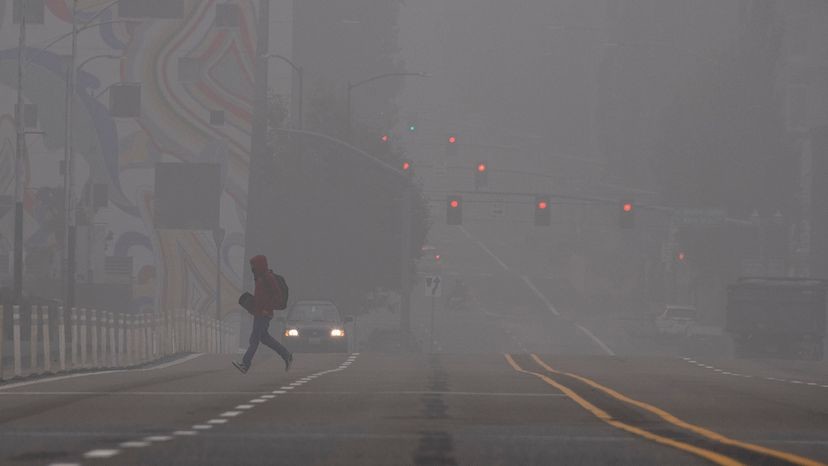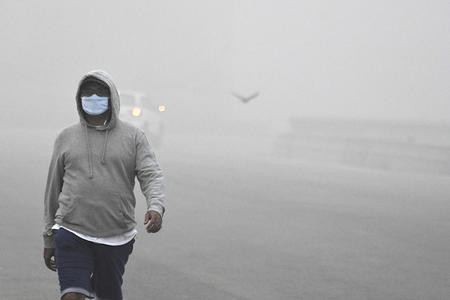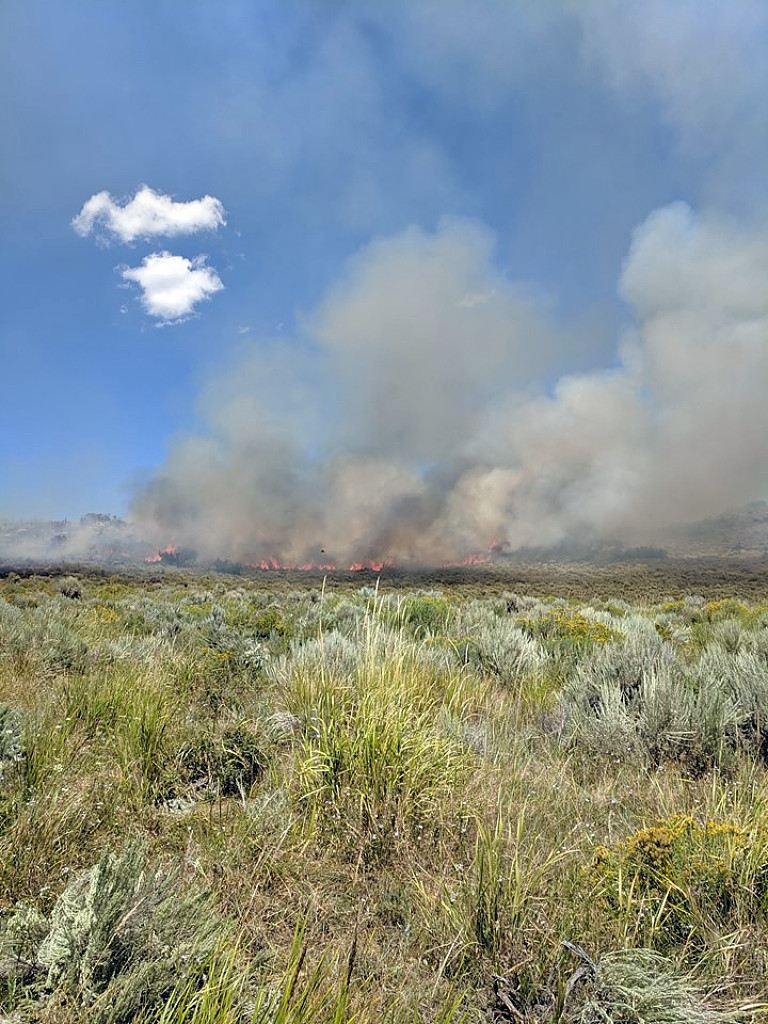Running News Daily
Running News Daily is edited by Bob Anderson. Send your news items to bob@mybestruns.com Advertising opportunities available. Train the Kenyan Way at KATA Kenya and Portugal owned and operated by Bob Anderson. Be sure to catch our movie A Long Run the movie KATA Running Camps and KATA Potato Farms - 31 now open in Kenya! https://kata.ke/
Index to Daily Posts · Sign Up For Updates · Run The World Feed
Training in Fire Season
I love this place, and fire season reminds me of wedding vows of loving in sickness and in health: during the glorious mountain days with fresh air, wild flowers, and perfect snow, as well as the smoke filled, oppressive and paralyzing days that leave you endlessly scrolling through emergency communication updates.
People often ask how to know when to train during fire season, and thanks to my recent asthma diagnosis and subsequent daily dose of medicine, for the first time, I don’t have a cough that keeps me from doing anything outside when there’s an inkling of smoke in the air.

As athletes, we care tremendously about our lung function and work hard to improve it. We also likely rely on exercise and being outdoors to keep ourselves sane, happy and healthy. So what to do when blue summer skies turn opaque white with wildfire smoke?
Stay tuned for a more lengthy discussion of this topic with toxicologist and Director of Clean Air Methow Liz Walker, also a fellow mountain athlete and good friend.
For now, in brief, Liz recommends the following regarding exercising in wildfire smoke:

Get to know the AQI or Air Quality Index and where to find it. The pollutant of concern in smoke is PM2.5. Wildfire smoke levels can change rapidly with fire and weather conditions. If you can be flexible on timing and can find cleaner air to exercise in during a long-term smoke event - get there!
· Pay attention to symptoms. As athletes, we know our bodies well. Some people may be sensitive around an AQI of 80, some may not experience anything until 175. While a lack of acute symptoms in no way guarantees that longer term damage isn’t occurring, a headache, coughing, or tight chest is a warning system that your body is not responding well.
The WA Dept of Health recommends everyone limit outdoor activity at an AQI of 150/red/unhealthy. However, that advice was developed for the general public – not for athletes headed outside to breathe heavily for a couple of hours or more. Strenuous, extended outdoor exercise might want to be reconsidered when air is 100-150 in the orange/unhealthy for sensitive groups range.
· A well-fitted N95 mask or respirator can significantly reduce smoke exposure. It will also restrict your breathing and oxygen intake and probably be uncomfortable. If you try exercising in a mask, make sure to change your overall pace and effort accordingly.
Think about the long game. We might have smoke all summer. Every summer. Figuring out a game plan that is adaptive and supports your wellbeing today and your long-term health should be empowering.
Login to leave a comment




